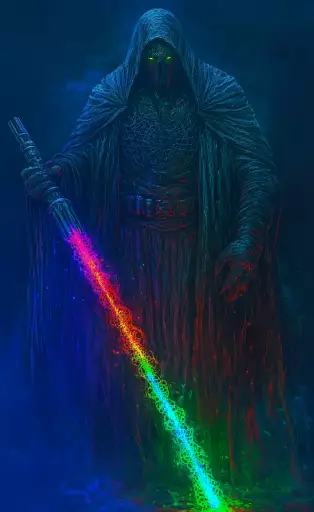Explore the Best AI Image Gallery

Pixelated Portraits: How AI Image Generation is Reshaping Marketing
The marketing world is experiencing a seismic shift, driven by the transformative power of artificial intelligence (AI). One area witnessing a particularly dramatic evolution is image generation. No longer confined to the realm of science fiction, AI algorithms can now create stunningly realistic and imaginative images, pushing the boundaries of creativity and reshaping how brands communicate with their audiences.
The Creative Canvas Unleashed
AI image generators, fueled by massive datasets of existing images and code, learn to mimic artistic styles, generate unique visuals from textual descriptions (known as text-to-image synthesis), and even modify or enhance existing photographs. This opens up a treasure trove of opportunities for marketers:
- Personalized Content: Imagine crafting marketing materials that dynamically adapt to individual customer preferences, showcasing products in styles aligned with their tastes.
- Cost-Effective Creation: Streamlining the process of creating high-quality visuals, reducing reliance on freelance designers and potentially lowering production costs.
- Rapid Prototyping: Quickly iterate through design concepts, experimenting with different aesthetics and layouts to find the most impactful solutions.
- Interactive Experiences: Generating visuals that respond to user input, creating immersive and engaging brand interactions.
Applications Across Marketing Domains
The potential applications of AI image generation span various marketing disciplines:
- Advertising: Developing eye-catching ad campaigns that resonate with target audiences, personalized to demographics and interests.
- Social Media: Crafting compelling visuals for social media platforms, generating unique content to stand out in crowded feeds.
- E-commerce: Providing realistic product visualizations, showcasing items from multiple angles and in diverse settings.
- Content Marketing: Illustrating blog posts, articles, and infographics with captivating visuals that enhance storytelling and engagement.
Navigating the Ethical Landscape
While AI image generation presents exciting possibilities, it also raises ethical considerations that marketers must address:
- Copyright and Intellectual Property: Determining ownership rights for AI-generated images and ensuring compliance with existing copyright laws.
- Bias and Representation: Mitigating potential biases in training datasets, ensuring diverse and inclusive representation in generated imagery.
- Transparency and Disclosure: Clearly communicating to audiences when content has been created using AI, fostering trust and ethical transparency.
The Future of Marketing: A Pixelated Perspective
As AI technology continues to evolve, its impact on marketing will only intensify. We can expect:
- More Sophisticated Generative Models: AI capable of generating even more realistic and nuanced visuals, blurring the lines between human-created and machine-generated art.
- Seamless Integration with Other Technologies: AI image generation seamlessly blending with augmented reality (AR), virtual reality (VR), and other immersive technologies to create truly interactive and engaging brand experiences.
- Personalization at Scale: AI algorithms tailoring visual content to individual customer preferences on a massive scale, creating hyper-personalized marketing campaigns.
The rise of AI image generation is undoubtedly reshaping the marketing landscape. By embracing its potential while navigating ethical considerations responsibly, marketers can harness this powerful technology to create captivating content, build stronger connections with their audiences, and drive meaningful results.
